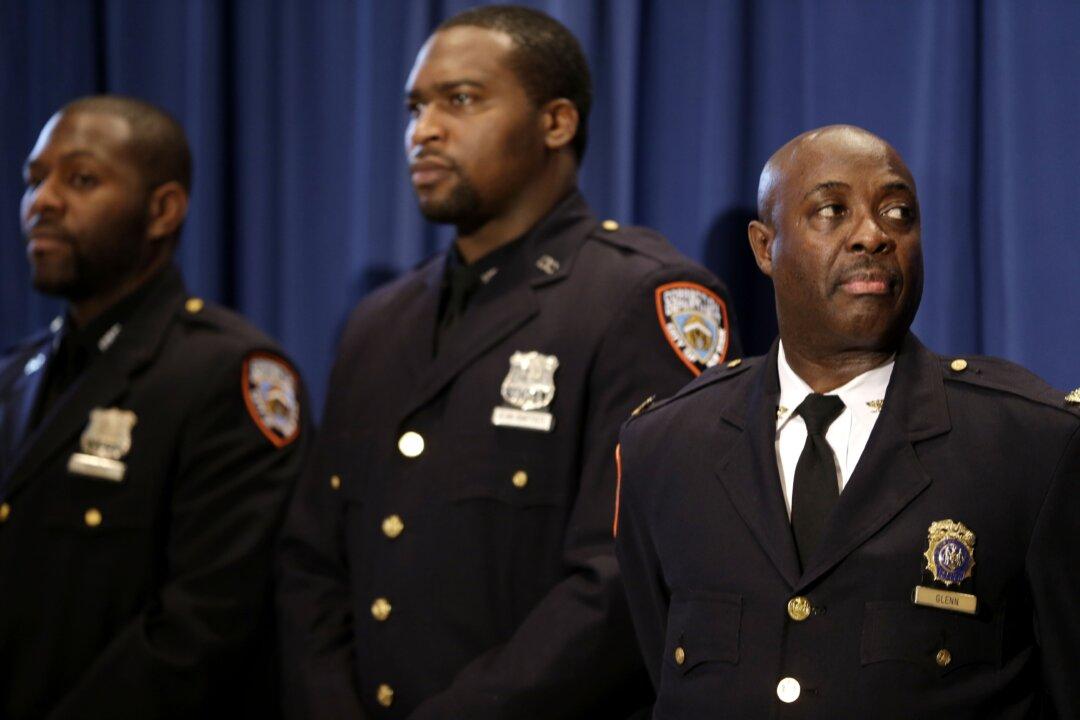Although the city’s police and correction officers share similar epithets—New York’s Finest and New York’s Boldest—they are not the same in nature.
When the city government watchdog, the Department of Investigation, reviewed a random sample of 153 recently hired jail guards’ applicant files, it found that more than a third of them had prior arrests and convictions, were associated with local gangs, or presented other red flags “that should have either precluded their hiring outright or required further follow-up or monitoring,” it said. The findings were released in a report on Thursday.
One applicant was fired from his previous job as a security guard because he was caught stealing from the store he was guarding. Another owed more than $200,000 in personal debt. Yet another was formerly employed at a strip club that was the target of several criminal investigations.
Though both the city police and jails play a role in the criminal justice system, the Department of Correction has far less stringent qualifications for its officers, the report found.
NYC Jails Fail to Screen for Ex-Cons and Gang Members When Hiring Jail Guards
Although the city’s police and correction officers share similar epithets—New York’s Finest and New York’s Boldest—they are not the same in nature.

New York City Department of Correction officers at the Rikers Island jail complex, on Wednesday, Dec. 17, 2014. A recent report by the city's watchdog agency revealed that when hiring correction officers, the correction department repeatedly failed to screen for gang member affiliation, felony convictions, and other questionable backgrounds. AP Photo/Seth Wenig
|Updated:
Department of Correction has far less stringent qualifications for its officers.
Annie Wu joined the full-time staff at the Epoch Times in July 2014. That year, she won a first-place award from the New York Press Association for best spot news coverage. She is a graduate of Barnard College and the Columbia University Graduate School of Journalism.
Author’s Selected Articles




